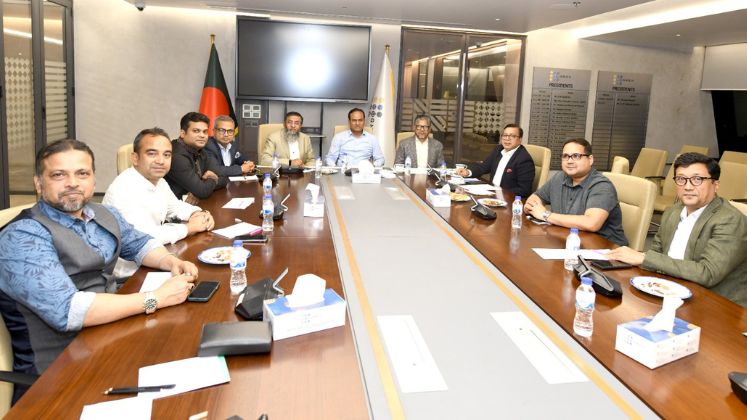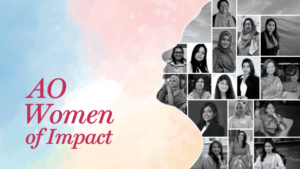
The leaders of the Bangladesh Garment Manufacturers and Exporters Association (BGMEA), the Bangladesh Knitwear Manufacturers and Exporters Association (BKMEA), the Bangladesh Textile Mills Association (BTMA), and the Federation of Bangladesh Chambers of Commerce and Industry (FBCCI) held a meeting to discuss the current emergency issues of the ready-made garment (RMG) industry on 8th May.
BGMEA President S. M. Mannan (Kochi) presided over the meeting held at BGMEA Complex. The meeting was attended by BKMEA Executive President Mohammad Hatem, BTMA President Mohammad Ali Khokon, FBCCI Vice President Md. Munir Hossain, BGMEA Vice President (Finance) Md. Nasir Uddin, Vice President Abdullah Hil Rakib, Directors Md. Imranur Rahman, Mohammad Sohel Sadat, Shams Mahmud, Rajiv Chowdhury, Md. Jakir Hossain, and Md. Rezaul Alam (Miru).
Several topics of the apparel business were covered during the conference, with particular attention paid to two circulars that the Bangladesh Bank had released recently. According to these circulars, new factories located outside of the industrial districts or government-designated economic zones would not be supplied with gas or electrical connections. In addition, banks were instructed to obtain obligatory utility service provider clearance certificates prior to loan approval.
The leaders voiced worry that the current geopolitical turmoil, which is disrupting global trade, has put the clothing industry at a crossroads. They underlined that putting the circulars into effect would make the apparel industry’s problem worse, impeding its expansion and deterring entrepreneurs from opening new factories.
They highlighted that many garment factories established outside the designated economic zones or areas are undergoing expansion, and new factories are under construction. Therefore, implementing the circulars at this point would disrupt ongoing expansion works and new establishment efforts.
The leaders reaffirmed their desire for a continuous supply of gas and electricity and urged the government to exclude the apparel industry from the circulars for a minimum of five years.
During the conference, customs, VAT, and income tax concerns pertaining to the apparel business were also covered. Business leaders encouraged the National Board of Revenue (NBR) to expedite, simplify, and eliminate the burden associated with customs, VAT, bonds, and tax-related processes in order to promote the development of a sustainable sector and meet the goal of US $ 100 billion in garment export revenue by 2030.
They proposed reducing the tax at source applicable to the garment industry from 1 per cent to 0.5 per cent to mitigate the increased costs of doing business and maintain competitiveness. They expressed optimism that their demands would be considered in the upcoming budget.
The leaders additionally spoke about Bangladesh’s departure from the Least Developed Country (LDC) classification and potential post-graduation competitiveness-maintaining measures. They underlined how important it is for policymakers to support increased investment in industries that show promise in order to boost the economy as a whole.






